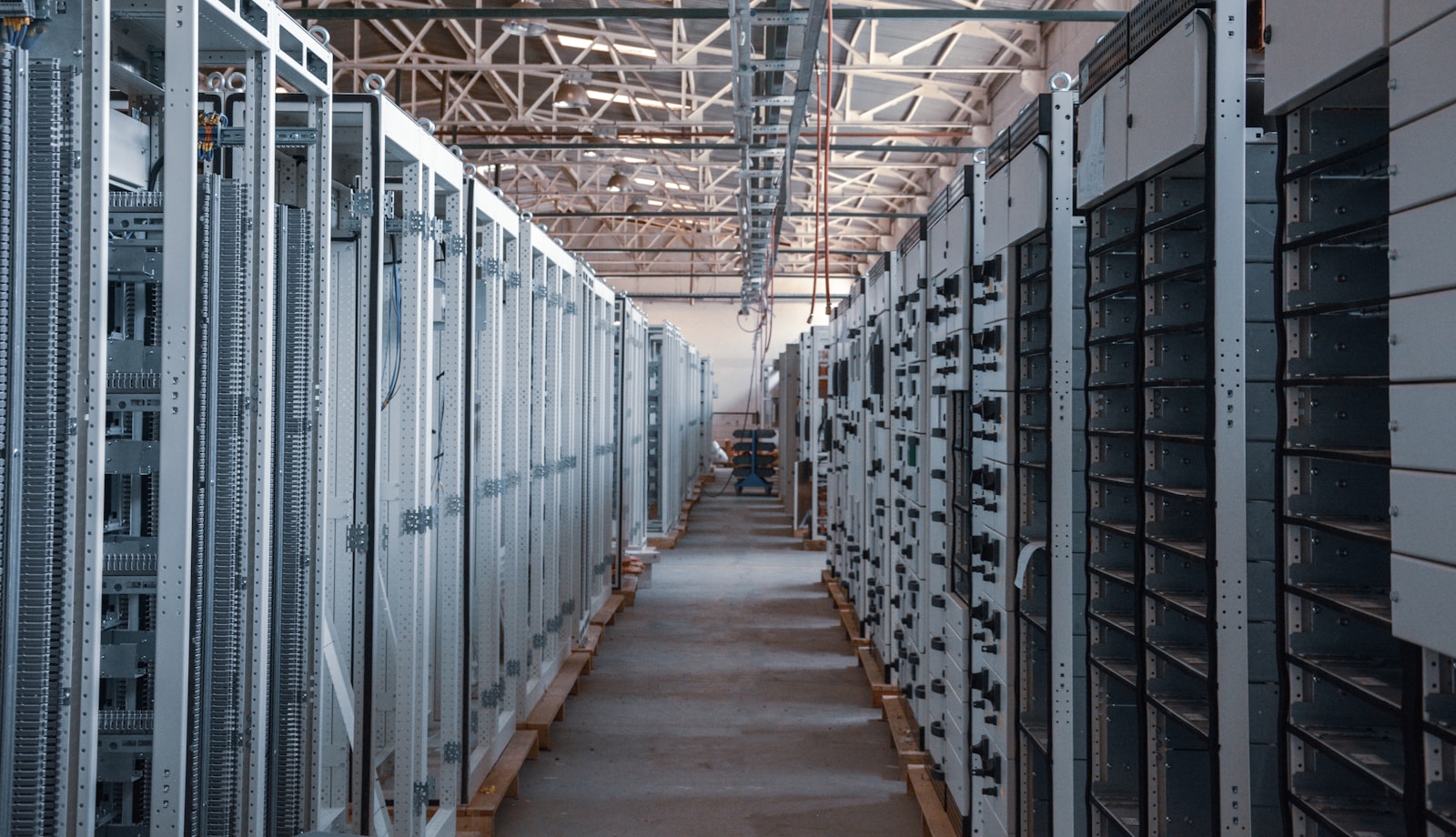Embracing off-grid living is a powerful way to live sustainably, reduce your environmental footprint, and achieve true independence from traditional utilities. Whether you’re planning a remote homestead, a mobile RV adventure, or a weekend camping retreat, off-grid living offers freedom and resilience. At EcoBusinessNews, we’re excited to share the essential supplies and strategies to make your off-grid journey eco-friendly and efficient. Discover top-rated gear in this curated collection of off-grid essentials to start your sustainable lifestyle today.
Why Choose Off-Grid Living?
Off-grid living means relying on your own systems for power, water, and food, free from public utilities. It’s a lifestyle that prioritizes sustainability, cost savings, and a deeper connection to nature. Recent trends show growing interest in off-grid solutions, with communities like Earthaven Ecovillage in North Carolina leading the way in eco-conscious living. Whether you’re motivated by environmental concerns or a desire for self-sufficiency, the right supplies can make your off-grid dream a reality.
1. Sustainable Power Solutions
Powering your off-grid home requires renewable energy sources like solar power or wind, paired with efficient storage systems.
Essential Power Supplies
- Solar Generators: The Jackery Solar Generator 1000 v2 with a 200W solar panel delivers 1070Wh and 1500W output, ideal for RVs or cabins. For larger setups, the BLUETTI AC300 & B300K offers 2764.8Wh to power heavy appliances.
- Portable Power Stations: The Vtoman 2376Wh Portable Power Station Bundle includes a solar panel and extra battery, providing up to 3000W for emergencies or daily use. Smaller options like the Powkey 120Wh Portable Power Station are perfect for lightweight needs.
- Hand-Crank Generators: The VQP 20W Hand Crank Generator ensures backup power when sunlight is scarce, great for remote locations.
Tips for Sustainable Power
- Assess Energy Needs: Calculate your wattage requirements (e.g., LED lights use ~10W, fridges ~150W) to choose the right solar generator.
- Use Efficient Appliances: Opt for LED lighting like the Wsky Solar Camping Lantern 4-Pack to conserve energy.
- Combine Sources: Pair solar power with wind or hydro for consistent energy, as seen in innovative setups like the MyGrid 10K Solar and Wind Generator.
2. Clean Water Systems
Access to clean water is vital for off-grid living. Rainwater harvesting and water filtration systems ensure a sustainable supply.
Essential Water Supplies
- Water Filters: The LifeStraw Personal Water Filter removes bacteria and parasites, filtering up to 1,000 gallons for hiking or emergencies. The Waterdrop 2.25G Gravity-fed Water Filter System is ideal for larger off-grid homes.
- Purification Tablets: Aquatabs 397mg Water Purification Tablets (100-pack) provide quick, reliable water purification.
- Portable Shower: The Unniweei Solar Portable Shower Bag (5 gallons) uses solar energy for warm showers, perfect for camping.
Tips for Water Sustainability
- Harvest Rainwater: Install gutters and barrels for rainwater harvesting, as used by off-grid homeowners like Maddison and Kyle.
- Filter and Test: Combine water filters with regular testing to ensure safety.
- Conserve Water: Reuse greywater for gardening to stretch your supply.
3. Sustainable Food Production
Growing and storing food is key to off-grid living, reducing reliance on external sources and supporting eco-friendly practices.
Essential Food Supplies
- Seeds for Planting: The Open Seed Vault 15,000 Non-GMO Heirloom Vegetable Seeds offers diverse crops for sustainable gardening.
- Freeze-Dried Food: The 4Patriots 4-Week Survival Food Kit provides 192 servings with a 25-year shelf life for emergency food storage.
- Compost Tumbler: The Compost Tumbler Bin (43 gallons) turns food scraps into compost for your garden.
- Cooking Gear: The Multifunction Wood Burning Stove supports eco-friendly cooking with wood or charcoal.
Tips for Food Security
- Start with Easy Crops: Plant fast-growing vegetables like lettuce in raised garden beds.
- Preserve Harvests: Use solar dehydrators to store surplus food.
- Rotate Stock: Keep emergency food storage fresh by rotating supplies regularly.
4. Eco-Friendly Shelter Solutions
Your off-grid shelter—whether a tiny home, RV, or cabin—must be sustainable and comfortable.
Essential Shelter Supplies
- Emergency Blankets: Swiss Safe 10 Pack Mylar Emergency Blankets provide insulation for extreme weather.
- Solar Lighting: ABZXT Solar Pendant Lights (IP65 waterproof) illuminate off-grid homes or outdoor spaces.
- Camping Fan: The PANERGY Solar Fan with Lantern offers cooling and lighting for tents.
Tips for Sustainable Shelters
- Use Green Materials: Incorporate sustainable materials like reclaimed wood, as seen in the HATA Dome in California.
- Insulate Efficiently: Add insulation to maintain temperature in your shelter.
- Optimize Space: Use multi-purpose gear like the Wsky Solar Camping Lantern for lighting and charging.
5. Safety and Preparedness
Safety is crucial in remote off-grid environments, where help may be far away.
Essential Safety Supplies
- First Aid Kits: The Survival Kit and First Aid Kit (142 pieces) covers medical and survival needs.
- Fire Safety: Prepared Hero Emergency Fire Blanket (2-pack) smothers fires in kitchens or campfires.
- Weather Radio: The Emergency Crank Weather Radio (4000mAh) provides NOAA alerts and charging.
Tips for Safety
- Plan for Emergencies: Keep a first aid kit in every shelter and vehicle.
- Prevent Fires: Store a fire blanket near cooking areas, inspired by wildfire protection systems like those in Northern Saskatchewan.
- Stay Connected: Use walkie talkies for communication in remote areas.
6. Tools for Self-Reliance
The right tools make off-grid living efficient and sustainable.
Essential Tools
- Camping Axe: The LIANTRAL Folding Survival Hatchet Axe is ideal for wood chopping or building.
- Fire Starters: AOFAR Fire Starter AF-381 ensures reliable fire-starting in any weather.
- Multi-Tool: A Leatherman Multi-Tool handles multiple tasks, from repairs to crafting.
Tips for Tool Use
- Learn Basic Skills: Practice using tools for repairs or building shelters.
- Maintain Gear: Keep tools sharp and stored properly to extend their life.
- Get Creative: Use local resources, like branches for kindling, to stay sustainable.
7. Sustainable Waste Management
Effective [waste management]( boulevers
System: management](https://amzn.to/4ktCxnb) keeps your off-grid space eco-friendly and hygienic.
Essential Waste Supplies
- Composting Toilet: A portable composting toilet eliminates the need for traditional plumbing, perfect for off-grid living.
- Compost Tumbler: The Compost Tumbler Bin (43 gallons) transforms food scraps into compost for gardening.
- Recycling Bins: Use separate bins for recyclables to minimize waste.
Tips取代
System: Tips for Waste Management
- Reduce Waste: Opt for bulk purchases and reusable items to cut down on garbage CON: garbage.
- Compost Organically: Use a compost tumbler for organic waste like food scraps.
- Recycle Strategically: Sort waste into compostable, recyclable, and non-recyclable bins to streamline disposal.
8. Learning Resources for Off-Grid Living
Knowledge is key to mastering off-grid living. Here are some top resources for EcoBusinessNews readers.
Recommended Resources
- Off Grid Solar Power Simplified by Nick Seghers: A beginner-friendly guide to setting up solar power systems for off-grid homes.
- The Off-Grid Living Bible by Lucas T. Fremont: Comprehensive DIY projects for self-sufficiency.
- Prepper’s Long-Term Survival Guide: Covers food, shelter, and security strategies for sustainable living.
Tips for Learning
- Join Communities: Connect with off-grid groups online or locally for shared knowledge.
- Practice Skills: Test your equipment and techniques regularly.
- Stay Curious: Explore new off-grid technologies to improve efficiency.
Your Path to Off-Grid Success
Here’s a roadmap to start your off-grid living journey:
- Evaluate Your Needs: Assess your power, water, and food requirements based on your location.
- Invest in Quality Gear: Choose reliable supplies like those in this off-grid essentials collection.
- Start Small: Test systems like solar power or rainwater harvesting before going fully off-grid.
- Build Redundancy: Have backup power and water systems for resilience.
- Keep Learning: Stay informed about sustainable off-grid technologies.
Off-grid living is a sustainable, empowering way to live. With the right supplies and knowledge, you can build a greener future. Check out this Amazon collection of off-grid essentials to begin your eco-friendly adventure!

















